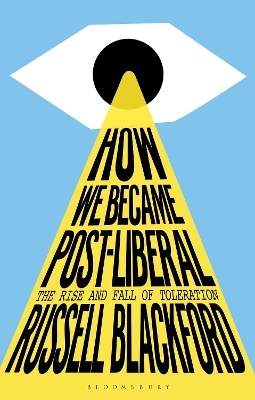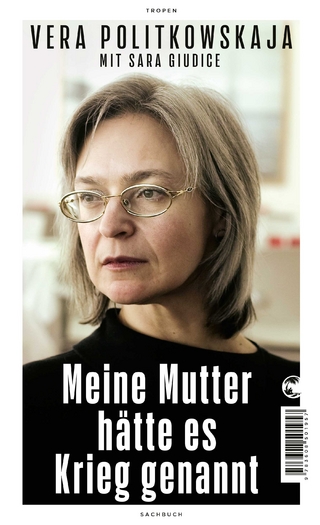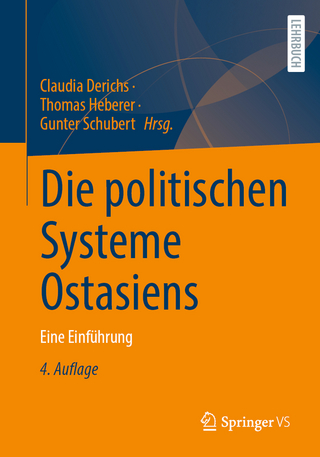
How We Became Post-Liberal
The Rise and Fall of Toleration
Seiten
2023
Bloomsbury Academic (Verlag)
978-1-350-32294-3 (ISBN)
Bloomsbury Academic (Verlag)
978-1-350-32294-3 (ISBN)
Liberalism is in trouble. As a set of ideas, it has lost much of its historical authority in guiding public policy and personal behaviour. In this post-liberal climate, Russell Blackford asks whether liberalism is truly over.
How We Became Post-Liberal examines how Western liberal democracies became nations where traditional liberal principles of toleration (religious and otherwise), individual liberty and freedom of speech are frequently dismissed as outdated or twisted to support conservative policies. Blackford traces the lineage of liberalism from problems of toleration that emerged when Christianity triumphed in the late centuries of classical antiquity, with comparison to non-Western civilizations. The political and philosophical story culminates in the recent development – over the past 30 to 50 years – of post-liberal ideologies in the West. At each stage, Blackford discusses arguments for and against liberal principles, identifying why no argument to date has been totally successful in convincing opponents, while maintaining that liberalism’s ideas and language are still worth saving.
From campus wars over academic freedom to the Charlie Hebdo attack and the murder of Samuel Paty, this is an indispensable guide for anyone wanting to understand the why, what and how of the post-liberal world.
How We Became Post-Liberal examines how Western liberal democracies became nations where traditional liberal principles of toleration (religious and otherwise), individual liberty and freedom of speech are frequently dismissed as outdated or twisted to support conservative policies. Blackford traces the lineage of liberalism from problems of toleration that emerged when Christianity triumphed in the late centuries of classical antiquity, with comparison to non-Western civilizations. The political and philosophical story culminates in the recent development – over the past 30 to 50 years – of post-liberal ideologies in the West. At each stage, Blackford discusses arguments for and against liberal principles, identifying why no argument to date has been totally successful in convincing opponents, while maintaining that liberalism’s ideas and language are still worth saving.
From campus wars over academic freedom to the Charlie Hebdo attack and the murder of Samuel Paty, this is an indispensable guide for anyone wanting to understand the why, what and how of the post-liberal world.
Russell Blackford is a legal and political philosopher and is Conjoint Senior Lecturer in Philosophy at the University of Newcastle in Australia. He is a Fellow of the Institute for Ethics and Emerging Technologies, Deputy Editor of The Philosophers’ Magazine and author and editor of many books on philosophy, politics and technology including The Tyranny of Opinion (Bloomsbury, 2019).
Preface
Acknowledgements
Introduction
1. Dimensions of Toleration
2. The Rise and Division of Christendom
3. From Toleration to Terror
4. The Long Nineteenth Century
5. Total War and Total Government
6. Liberalism Divided
7. The Making of a Post-Liberal Culture
8. The New Normal
9. A Philosophical Afterword
Bibliography
Index
| Erscheinungsdatum | 04.11.2023 |
|---|---|
| Verlagsort | London |
| Sprache | englisch |
| Maße | 138 x 216 mm |
| Themenwelt | Geisteswissenschaften ► Philosophie |
| Sozialwissenschaften ► Politik / Verwaltung ► Politische Systeme | |
| Sozialwissenschaften ► Politik / Verwaltung ► Politische Theorie | |
| ISBN-10 | 1-350-32294-6 / 1350322946 |
| ISBN-13 | 978-1-350-32294-3 / 9781350322943 |
| Zustand | Neuware |
| Haben Sie eine Frage zum Produkt? |
Mehr entdecken
aus dem Bereich
aus dem Bereich
eine Einführung
Buch | Softcover (2023)
Springer VS (Verlag)
39,99 €


